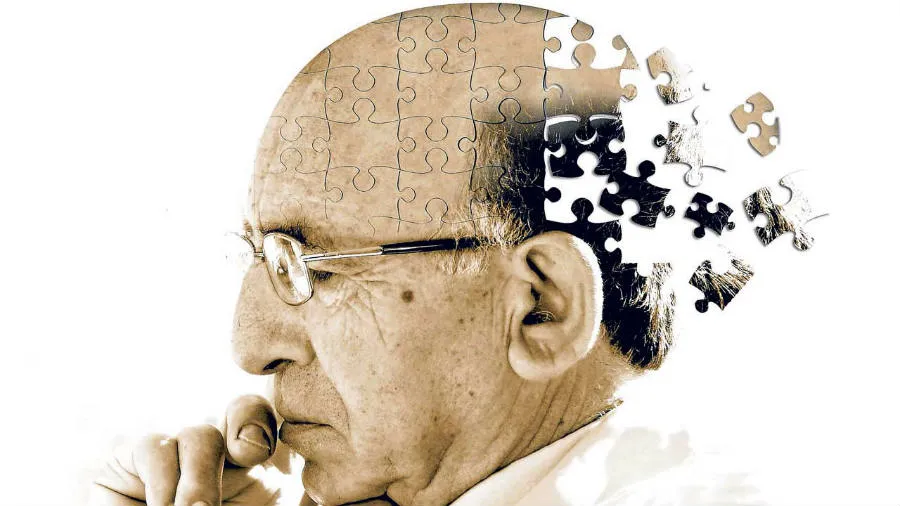The glucose deficit in the brain pushes people with obesity and/or diabetes to continue eating and, quite possibly, raise their probability of developing Alzheimer's.
People with obesity and/or type 2 diabetes present, compared to those with normal weight, lower glucose levels in their brains.This is shown by a study carried out by researchers at Yale University in New Haven (USA), which suggests that this reduction in cerebral glucose concentration could be the cause not only of characteristic eating disordersof obese and/or diabetic patients, but also of their greatest risk of suffering from Alzheimer's disease.
As Janice Hwang explains, director of this research published in the "JCI Insight" magazine, "glucose is the most primitive signal that the brain receives to know that the individual has eaten.So, could it be possible that in individuals with obesity glucose is not reaching the brain or is not perceived?If so, the feedback loop to stop eating could be altered ».
Sugar deficit
Numerous studies have found that both obesity and type 2 diabetes are associated with a decrease in cerebral metabolism.A ‘hypometabolism’ that can entail that the brain is not achieving the necessary energy contribution for proper functioning and that also constitutes a typical characteristic of people with Alzheimer's.So, is it possible that this metabolic deficit is the cause for which obese and/or diabetic patients have a greater probability of developing Alzheimer's?Well, at least in theory, yes.However, the exact mechanisms for which this relationship is explained are not yet known.
The objective of the new study was to evaluate the levels of cerebral glucose in three differentiated groups of adults: healthy and thin people;obese individuals;and patients with poorly controlled type 2 diabetes.And for this, and after staying an fasting night, the participants received intravenous glucose infusion for two hours and underwent brain image tests - concluded, to magnetic resonance image tests with spectroscopy.
The transport of sugar from the blood to the brain constitutes a potential pharmacological target for people with obesity and diabetes
The results showed that blood glucose levels were very similar to the three groups of participants.Not so in the case of brain levels, since as the authors refer, "we observe a descent or" hindering "at the entrance of glucose into the brain in people with obesity or diabetes."
In short, says Janice Hwang, "this‘ dullness ’or‘ hindering ’could be a mechanism that undermines the brain's ability to detect glucose."The result is that since the amount of glucose is insufficient for adequate metabolism, the brain would continue to function, even without knowing it, at a lower performance and would be unable to repair those situations that could damage it in the long term.In fact, it is believed that the memory loss associated with Alzheimer's disease could be the consequence of a decrease in glucose levels in the hippocampus, that is, the region of the brain involved in the processing and storage of memory.
More;This deficit of glucose brain levels also influences, and much, in appetite.The authors asked the participants if they felt hungry or satiated both before and after receiving glucose infusions.And according to the results, "thin people - Janice Hwang says - with higher glucose entries in the brain felt more satiated, even after a fast one night."
Be that as it may,The authors conclude, "our study highlights the importance of transporting sugar from blood to the brain as Diana not only for future research, but also for possible pharmacological interventions for people with obesity and type 2 diabetes."


